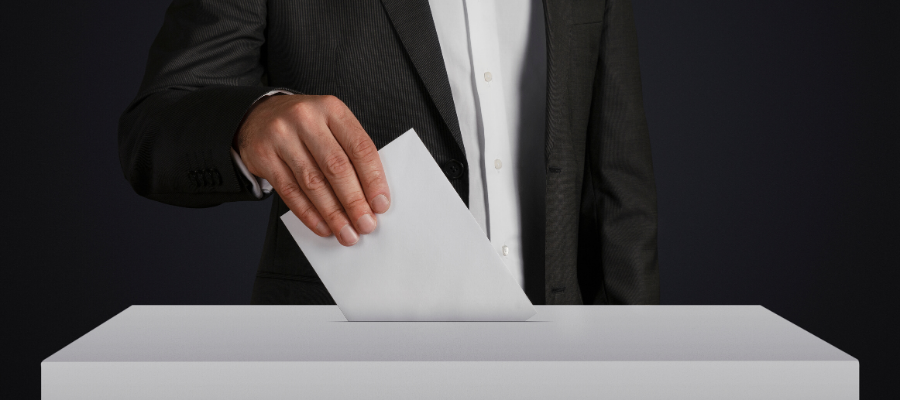Plato
Sep 14, 2004From his theory of the Forms, to his views about morality, justice, and the soul Plato was one the greatest and most influential philosophers of all time.

America prides itself on being the oldest continuous democracy in the world. But criticisms of the America system are widespread. Our system is tailored to narrow interests and wealthy elites. Our two parties lock out alternative voices. Our voting procedures discourage participation and lead to unrepresentative outcomes. Is this really the best way to run a democracy? Join John and Ken as they examine the philosophical underpinnings of democracy in America with Josh Ober from Princeton University, author of Athenian Legacies: Essays on the Politics of Going On Together.
What is so good about democracy? Ken thinks democracy is the most moral form of government. Is the democracy in the United States working well? Our representatives and senators make most decisions without popular input. John claims California has much more interaction between the people and the government. Is this a good thing? Ken introduces Josh Ober, professor at Princeton. What are the best arguments for democracy? Ober thinks that democracy requires an assumption of equality to get started. John asks what is wrong with a government ruled by a group of experts? Ober counters saying that the experts are not guaranteed to be beneficent. One of the benefits of democracy is that people will try to work out their differences. What about issues on which people cannot agree, such as abortion?
Do we have too much democracy in the US? What is allowable as to restrictions on individual freedoms and right in a democracy? If the entire population has one common religion, governing becomes easier. Isn't that good? Would a parliamentary democracy be better than the current form of democracy in the US? Ober doubts that a parliamentary system would solve the problems of American democracy. What role is there between education and democracy? Ober warns against using education as a ticket to voting. What is the relationship between media communication and democracy? Ober thinks that one-way communication will damage democracy. Many institutions that were put in place to aid the fledgling American democracy have now gotten large and unwieldy. Are these institutions to blame for the problems here?
How can we improve our democracy? Ober says that we should push the decision-making mechanism as close to local government as we can. Ken thinks that we need a national level government to assure equality across the country. Does the electoral college diminish the democratic process? Is our two-party system limiting to democracy? Ober worries that small parties tend to be extremist. In ancient Greece, political parties were not viewed as favorable. Do we need them today?